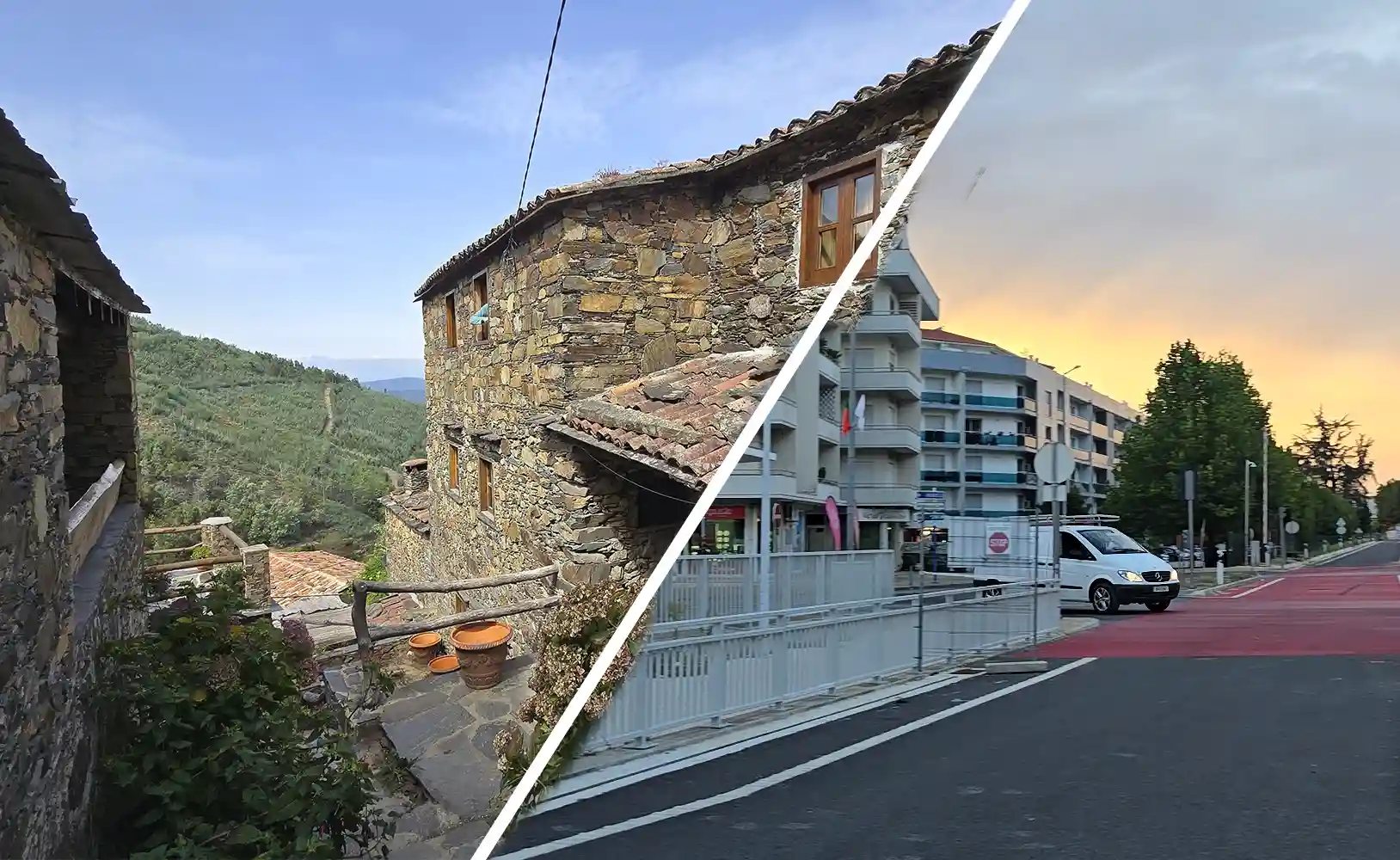🚗 Introduction: Driving into Your New Life in Portugal
If you’re relocating to Portugal or have recently settled here, one of the first lifestyle upgrades you might consider is buying a car. Whether you’re commuting, exploring the countryside, or simply seeking more independence, owning a vehicle can make life significantly easier.
But, just like real estate. buying a car in Portugal comes with its own rules, taxes, processes, and pitfalls, especially for expats. That’s why Savvy Cat Realty is here to guide you through the process—from understanding documentation to choosing between leasing, buying new, or importing your dream ride.
Let’s break it all down for you.

📝 What Documents Do You Need to Buy a Car in Portugal?
To buy a car in Portugal—new or used—you’ll need:
- NIF (Número de Identificação Fiscal): Your tax ID is required for virtually all legal and financial transactions in Portugal.
- Portuguese Bank Account: Needed for financing, payments, and recurring costs.
- Valid ID: Usually your passport or Portuguese residence permit.
- Portuguese Address: Where your documents and car registration will be sent. It doesn’t have to be your NIF address.
👉 Pro Tip: While you should have a valid visa, most dealerships won’t ask for it directly—they’ll focus on your address.
🚙 Option 1: Buying a New Car in Portugal
Buying new offers peace of mind with:
- Manufacturer Warranties (minimum of 3 years, though some brands offer more)
- No wear-and-tear surprises
- Financing options often offered through the dealership
However, new cars in Portugal are generally more expensive than in many other EU countries due to taxes and limited market competition.
🚗 Option 2: Buying a Semi-New or Showroom Car
Known locally as “semi-novos”, these cars:
- Come directly from the dealership, often with very low mileage
- Offer almost-new condition at a reduced price
- Usually include a 3-year warranty, just like a new vehicle
This is a sweet spot for buyers who want new-car benefits without the full price tag.
🚘 Option 3: Buying a Used Car in Portugal
You can buy used cars either:
🔹 From a Dealership
- The dealer handles registration, paperwork, and ownership transfer
- Usually includes a 1-year warranty, sometimes up to 3 years for newer models
🔹 From a Private Seller
- Often cheaper, but riskier
- No warranty or guarantees
- You’ll handle the registry fee (€50–€65), get the “Documento Único”, and provide proof of technical inspection (IPO)
🔍 Always check:
- Inspection date (mandatory after year 4, then biennially, then annually)
- Vehicle tax (IUC), which depends on emissions, age, and engine size
- History of accidents via license plate lookup
🚛 Option 4: Importing a Car from the EU
Many expats import from France, Germany, or Spain due to:
- Lower prices abroad
- More variety in vehicle models
However, importing involves:
- ISV (Import Tax): Based on emissions and engine specs
- 23% VAT (if the vehicle is new or considered new)
- Transport costs and a legalization process that can take 1–3 months
🚨 Note: Some newcomers may qualify for tax exemptions if they meet conditions (e.g., owned the car abroad for 6+ months before moving).
🚐 Option 5: Leasing a Car in Portugal
Leasing is growing in popularity thanks to:
- Maintenance included
- Insurance often covered
- Temporary peace of mind
Perfect for medium- to long-term stays (1–3 years), leasing is like renting with an option to buy. But it can be pricey, monthly leasing can be twice the cost of a loan for the same car.
💳 Option 6: Getting a Car Loan
Financing a car through a loan offers:
- Lower monthly payments than leasing
- Access to car-specific loan rates
- Eligibility even as a foreigner (proof of income required)
Most dealerships partner with banks and can process loan applications onsite.
🔄 Renting vs Leasing: Know the Difference
- Renting is great for short stays, but expensive long term
- Leasing suits 1–3 year periods, with fewer upfront hassles and coverage for unexpected repairs
🚦 Driving License Rules for Expats
- EU licenses: Automatically valid in Portugal
- Non-EU licenses: Valid for 6 months. After that, you’ll need to convert or retest
🕒 Start early. The process can take months due to bureaucracy and appointment wait times.
🧭 Final Takeaways from Savvy Cat Realty
- Don’t rush, research your car brand and model
- Consider semi-new for value, leasing for convenience, or importing for savings
- Know your taxes—IUC, ISV, VAT
- Understand your driving license situation
- Reach out to professionals to avoid common pitfalls
📩 Stay Connected with Savvy Cat Realty
Found this helpful? We’re here every week with fresh info to support your life in Portugal.
Subscribe to our newsletter or contact us directly at contact@savvycatrealty.com.







